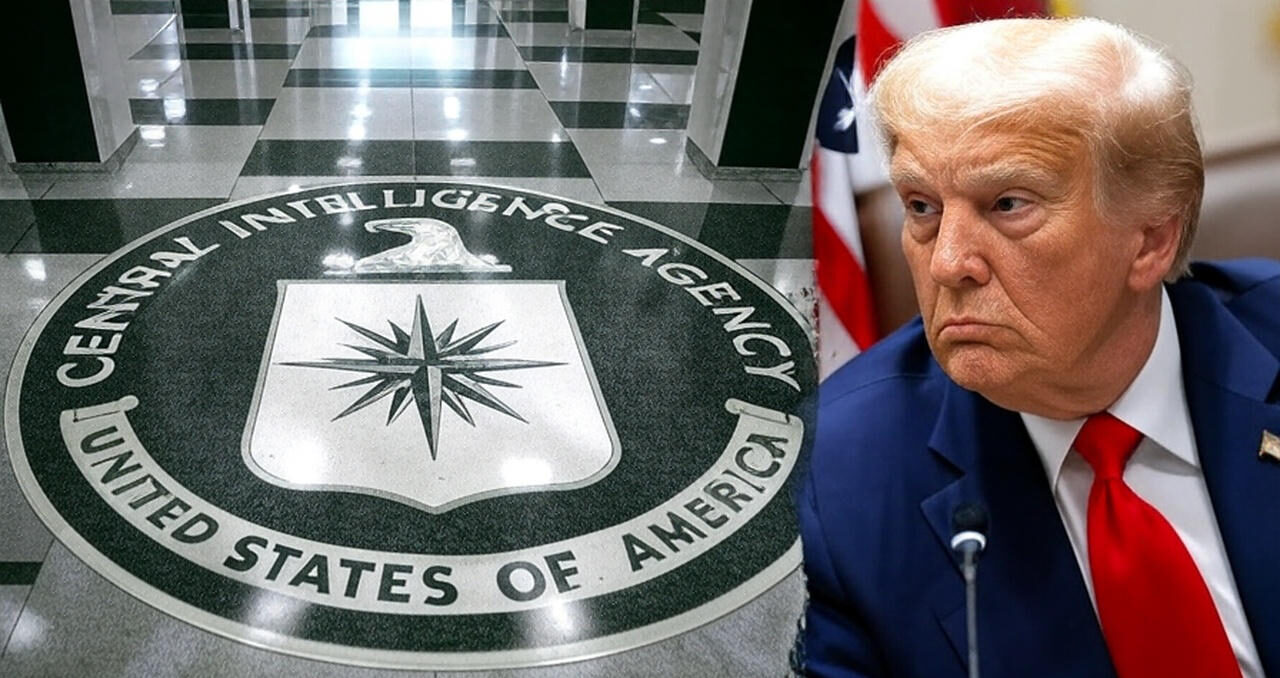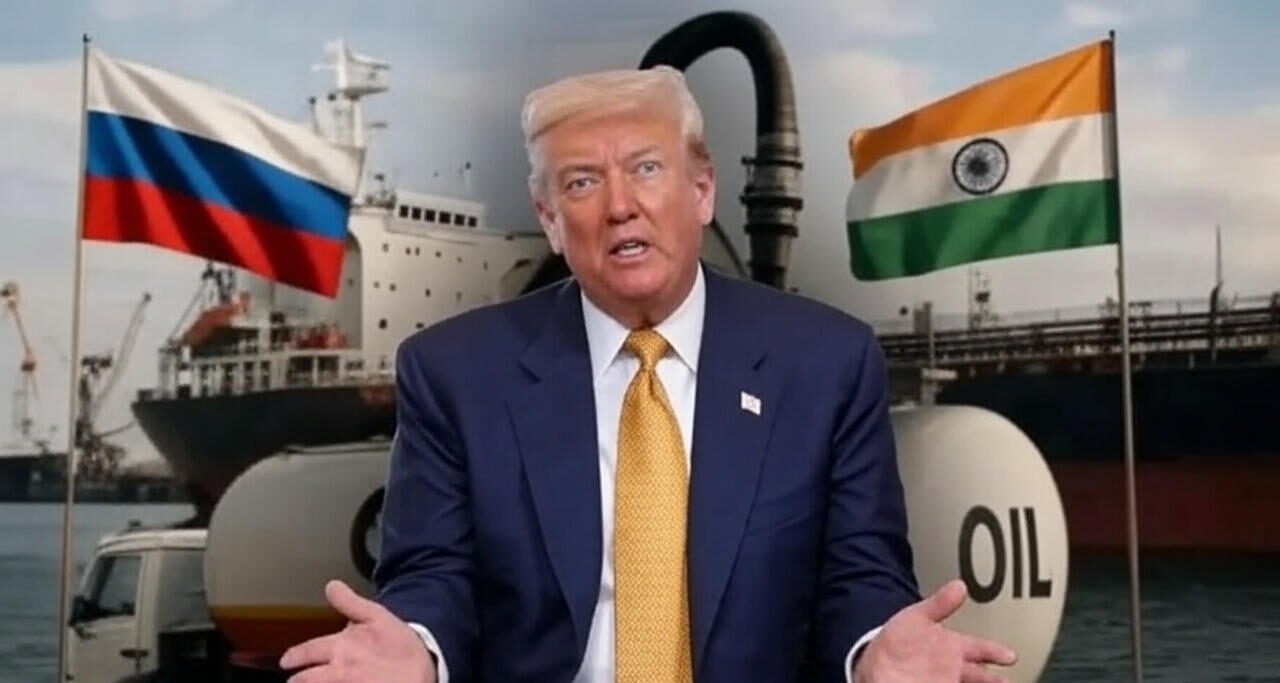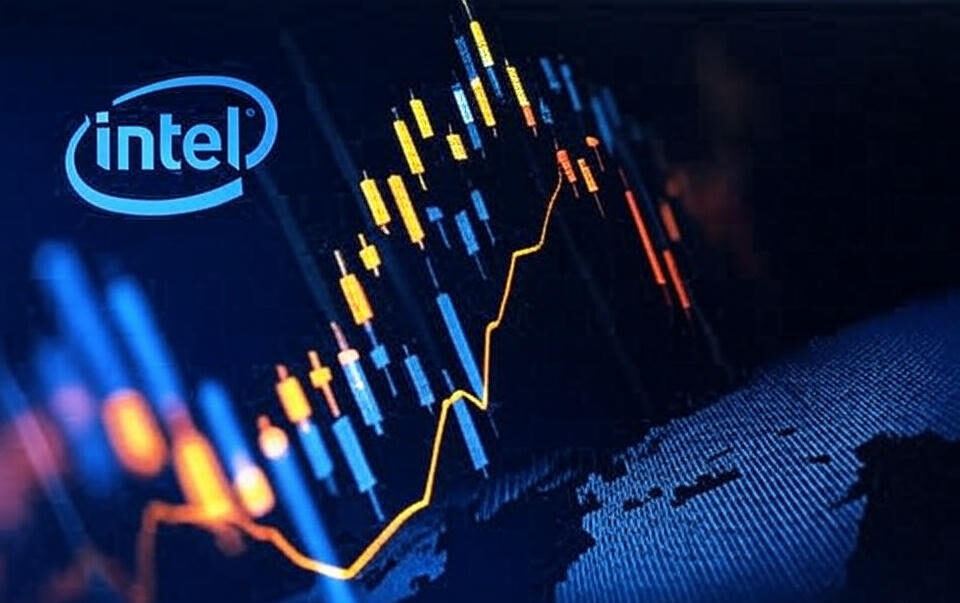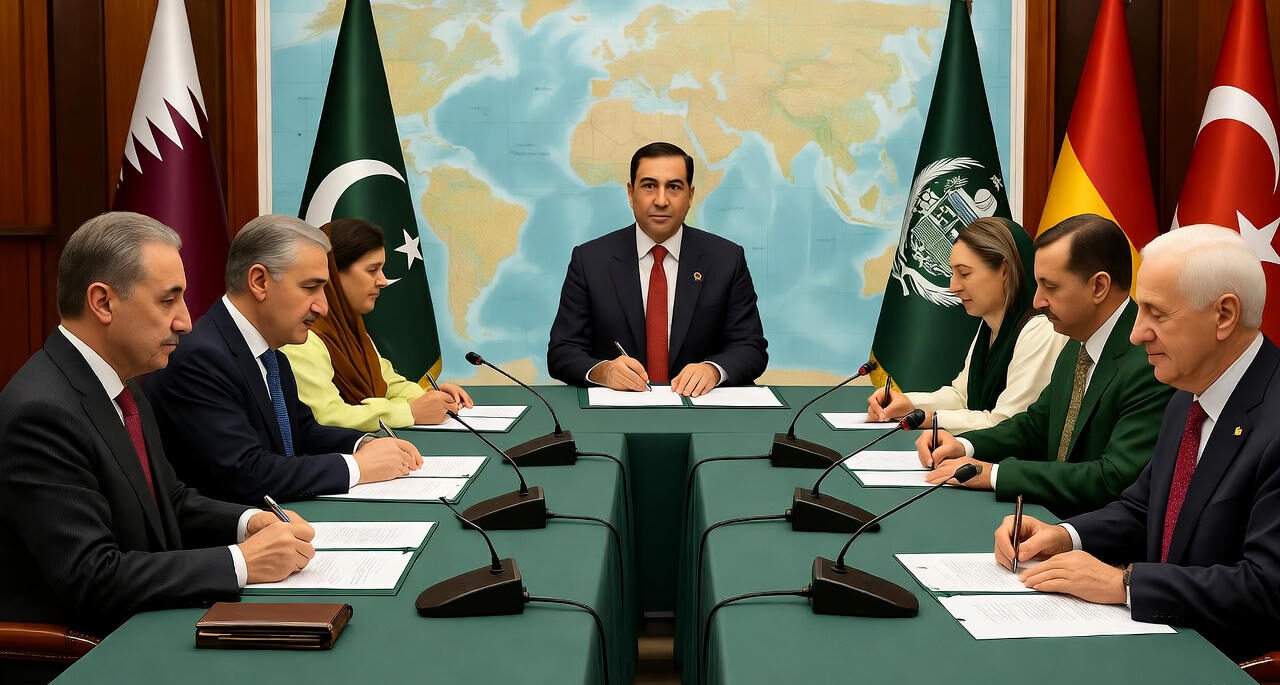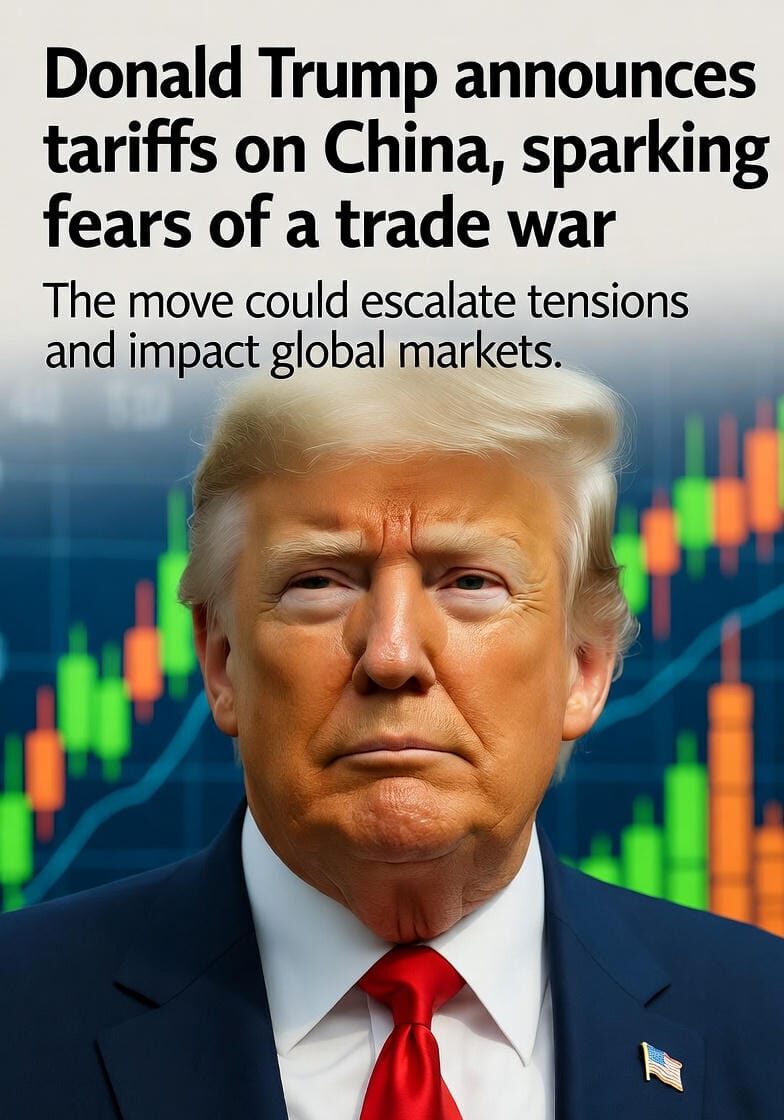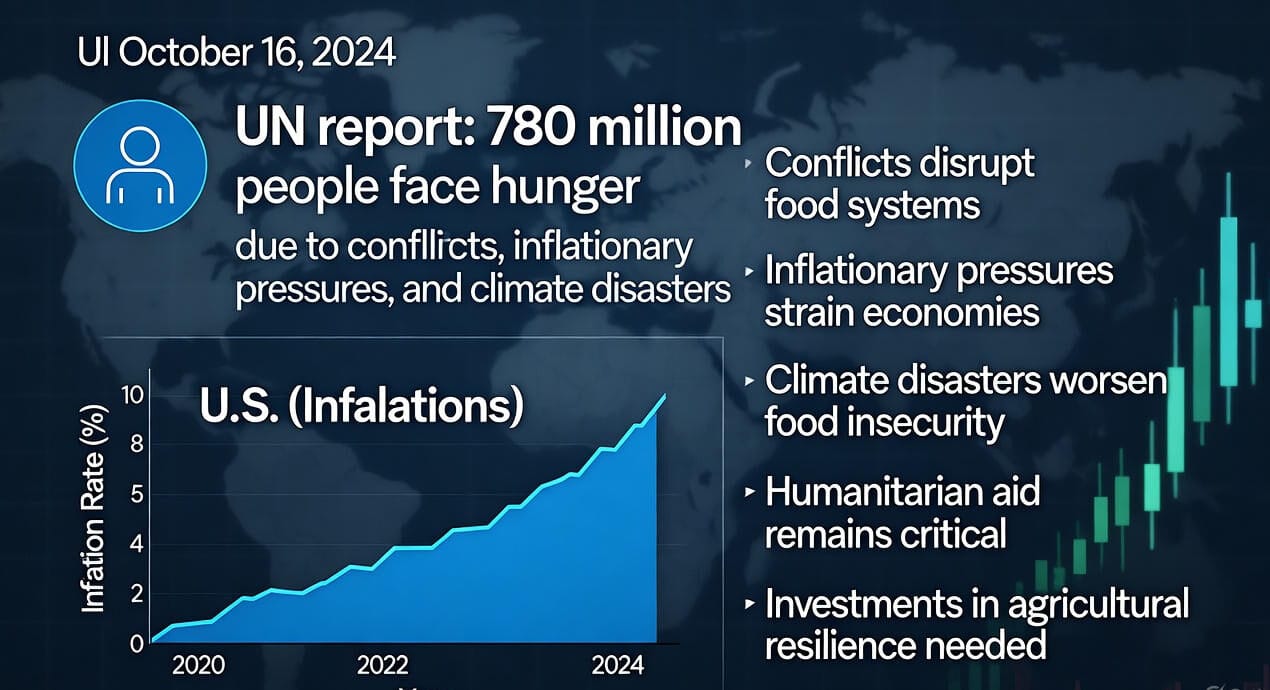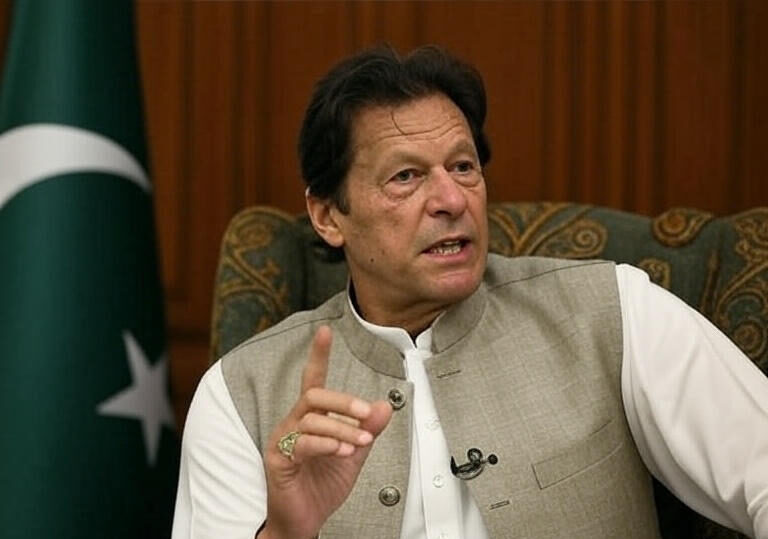
On August 21, 2025, Pakistan’s Supreme Court granted bail to Imran Khan, former Prime Minister and leader of Pakistan Tehreek-e-Insaf (PTI), in eight cases connected to the May 9, 2023, protests. This ruling is a significant development in Khan’s ongoing legal struggles, offering substantial relief to the imprisoned politician. However, his release from custody remains uncertain due to other pending convictions. This article explores the court’s decision, its legal basis, and its implications for Khan’s political future.
Context of the May 9 Protests
The cases arose from widespread unrest following Khan’s arrest on May 9, 2023, linked to the Al-Qadir Trust corruption allegations. Outraged PTI supporters allegedly attacked public and military properties, including the Corps Commander’s residence in Lahore and the General Headquarters in Rawalpindi. Authorities accused Khan of orchestrating the violence, leading to multiple charges. The Lahore High Court rejected Khan’s bail applications on June 24, 2025, citing his alleged role in planning the protests. Khan appealed to the Supreme Court, asserting that the accusations were unfounded and politically driven.
Supreme Court’s Decision
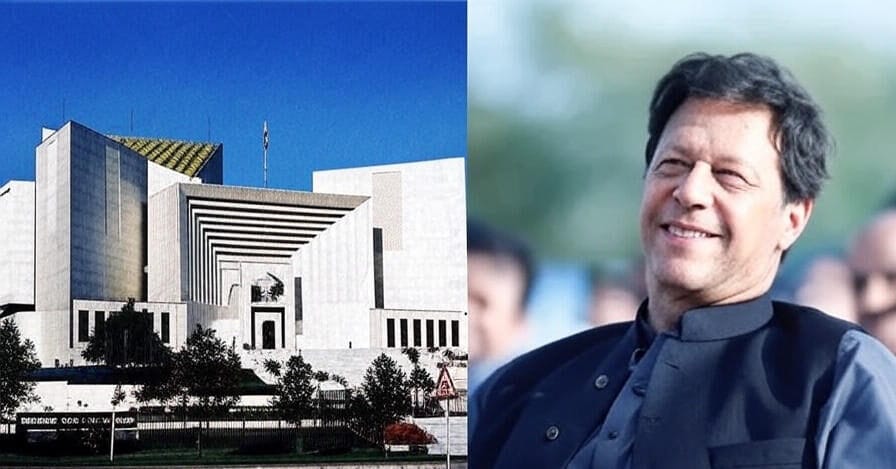
A Supreme Court panel, led by Chief Justice Yahya Afridi and including Justices Shafi Siddiqui and Miangul Hassan Aurangzeb, reviewed Khan’s bail petitions and overturned the lower court’s ruling, granting bail in all eight May 9 cases.
Key Aspects of the Verdict
- Evidence Assessment: The prosecution claimed Khan conspired to incite violence, presenting witness statements, voice analysis, photogrammetric evidence, and WhatsApp messages. Khan’s counsel, Salman Safdar, argued that the evidence was weak and inconsistent.
- Judicial Parity: Safdar noted that other PTI leaders, such as Ejaz Chaudhary and Imtiaz Mehmood, received bail in similar cases, supporting Khan’s claim for equal treatment.
- Bail Requirements: The court approved bail upon Khan submitting a Rs. 100,000 bond with one surety per case, subject to trial court approval.
- Trial Neutrality: Chief Justice Afridi’s order emphasized that premature conclusions on the case’s merits could bias the trial, noting that conspiracy allegations required further examination.
Legal Arguments in Court
- Defense Strategy: Khan’s legal team challenged the prosecution’s reliance on circumstantial evidence, arguing that no direct link connected Khan to the violent acts.
- Political Motivation: The defense claimed the cases were part of a broader effort to suppress PTI and its leadership, citing the timing of Khan’s arrest and subsequent charges.
- Precedent-Based Reasoning: By referencing bail granted to other PTI members, the defense underscored inconsistencies in judicial treatment, strengthening Khan’s case.
PTI’s Response and Political Outlook
PTI leaders hailed the ruling as a major victory, with spokesperson Zulfiqar Bukhari stating that Khan’s release now depends on the Al-Qadir Trust case. Detained in Adiala Jail since August 2023, Khan remains a focal point for PTI supporters, who celebrated online with the hashtag “Justice for Imran Khan.” In a shared video, Khan stated, “The darkest hour heralds dawn’s arrival,” inspiring optimism among his followers.
Ongoing Challenges for Khan
- Pending Convictions: Khan’s convictions in the Al-Qadir Trust case, involving £190 million, and a state gifts case continue to block his release.
- Additional Charges: Khan faces multiple charges, including corruption and incitement, which he claims are designed to undermine PTI’s influence.
- Political Suppression: PTI reports ongoing harassment, including the alleged abduction of Khan’s nephew, Shahrez Khan, on August 20, 2025, raising concerns about targeted actions against Khan’s circle.
Wider Implications
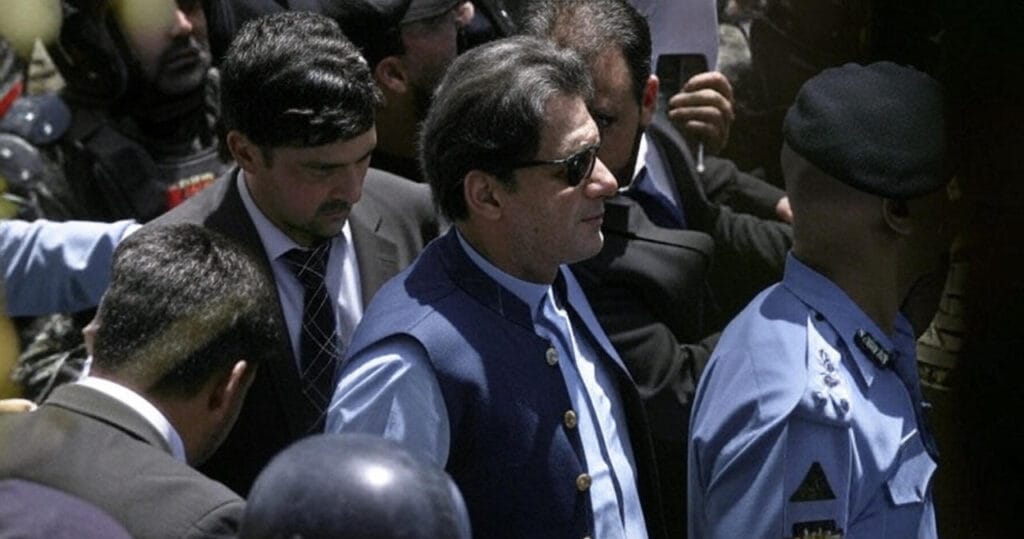
The ruling comes amid escalating political tensions in Pakistan. Since the May 9 protests, PTI has faced significant pressure, with many supporters still detained. The party recently committed to participating in by-elections to maintain its political presence. PTI also paused nominations for key legislative roles, such as Leader of the Opposition, pending legal outcomes for its leadership.
Conclusion
The Supreme Court’s decision to grant bail to Imran Khan in the eight May 9 cases is a pivotal legal triumph for the former prime minister and PTI. While it reinforces Khan’s narrative of political persecution and boosts party morale, his release hinges on resolving the Al-Qadir Trust case. As Khan navigates a complex web of legal and political challenges, this ruling highlights the ongoing friction within Pakistan’s judicial and political systems. The coming months will be critical in determining whether this legal relief translates into renewed political momentum for Khan and his party.
